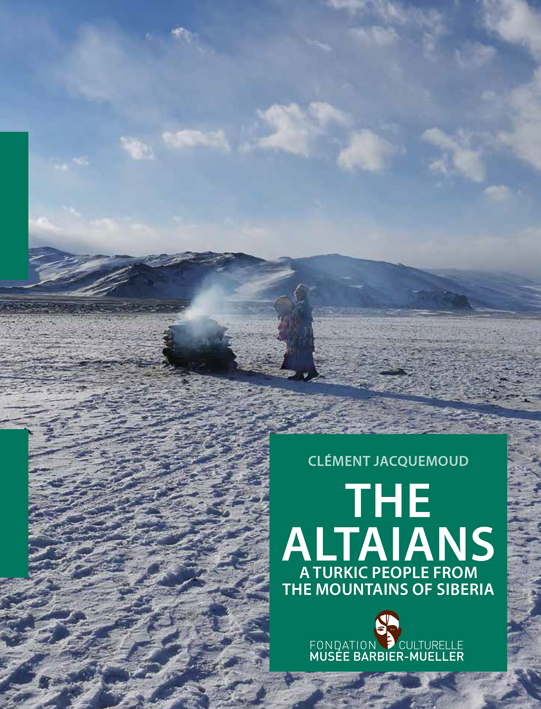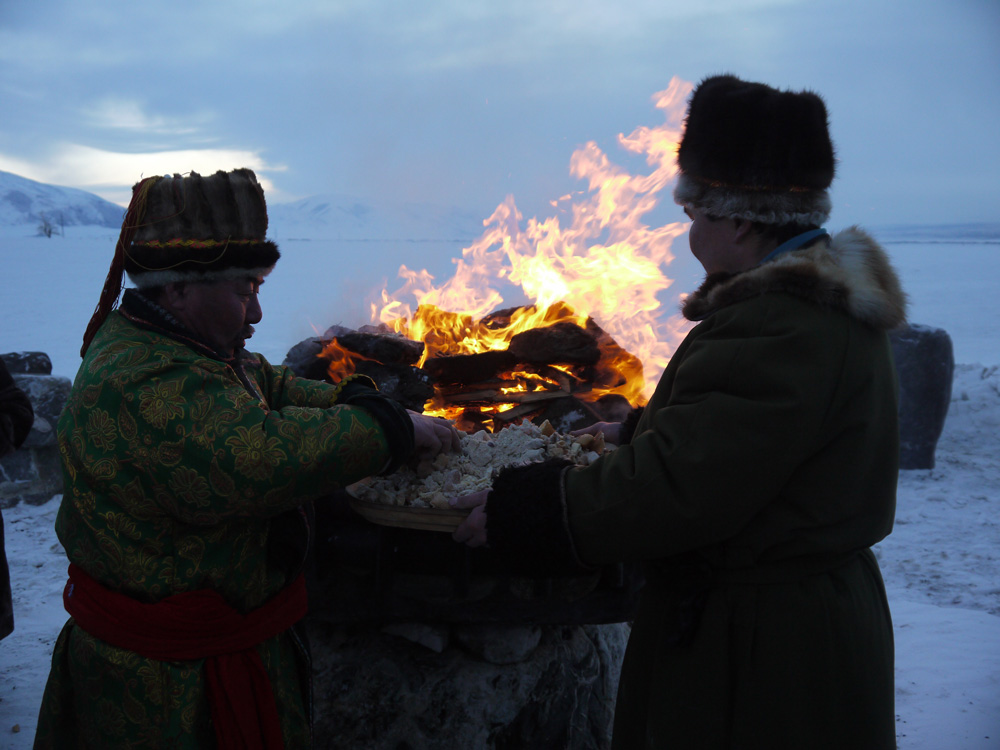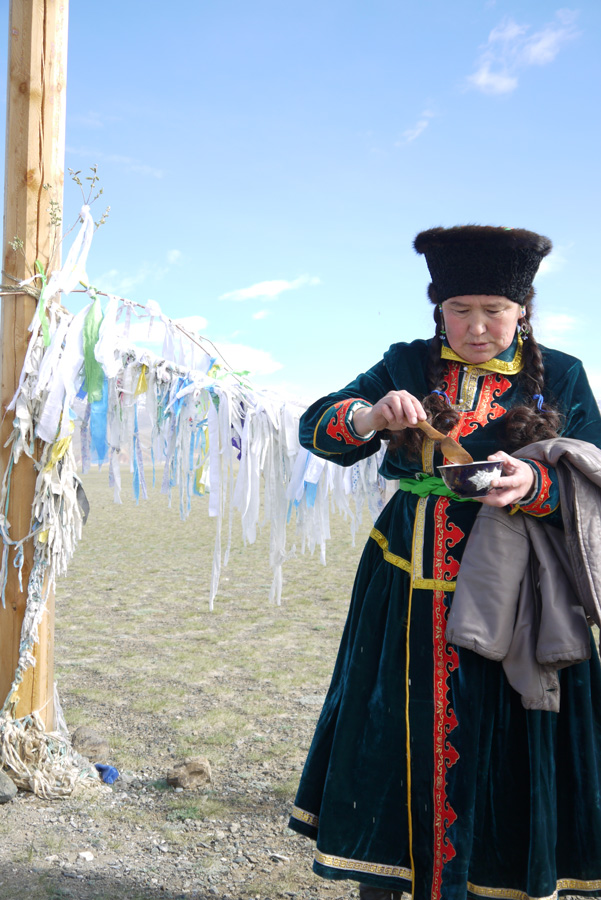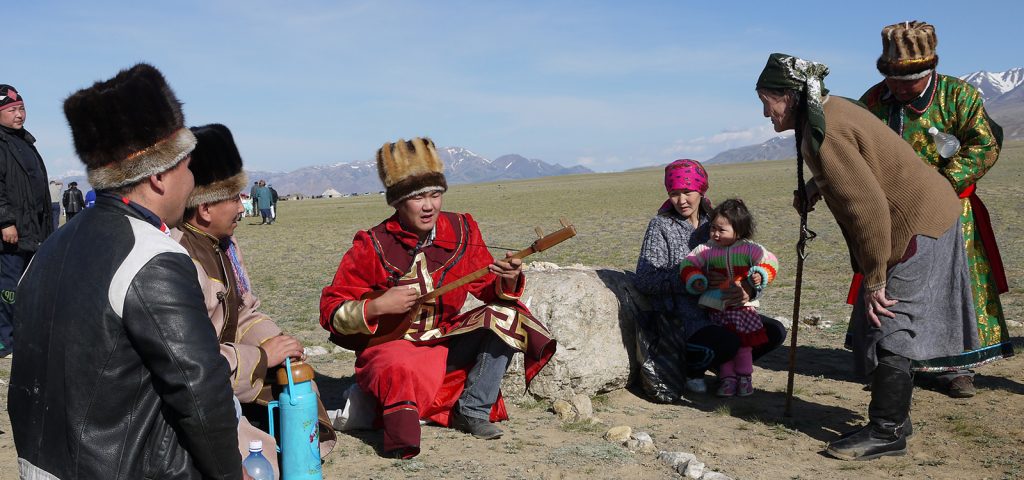CLÉMENT JACQUEMOUD
The Altai Republic is located in a mountainous region on the outer reaches of Siberia, on the border of China, Mongolia and Kazakhstan. It is home to the Turkic Altaians, a small population group, renowned in ethnography for its shamanism and for the development in the early twentieth century of Burkhanism, a large-scale millenarian movement.
Within the current post-Soviet context, the Altaians are reviving their religious practices. These have diversified, now ranging from “neoshamanism” to “neo-Burkhanism” and also include Buddhism and evangelical Christianity. Major collective ceremonies based on the cycle of the seasons have resurfaced, while throat singing, formerly used for the ritual recitation of epic poems, now resonates well beyond the borders of this small territory, paradoxically spreading the image of traditions exempt from any external influence.
This book, while emphasizing the social, political and environmental issues the Altaians now face, sheds new light on that complex and composite religious situation, fuelled by multiple tensions, which until now has not received the attention it deserves.
Author’s biography
Clément Jacquemoud is a doctor of anthropology associated with CéSor (CNRS-EHESS). The subject of his PhD (GSRL-EPHE Paris, 2017) is the religious and identity recompositions of Altaians, natives of Southern Siberia. Since then he has analyzed neoshamanic rituals focusing on women religious roles and the impact of the writing technique.







